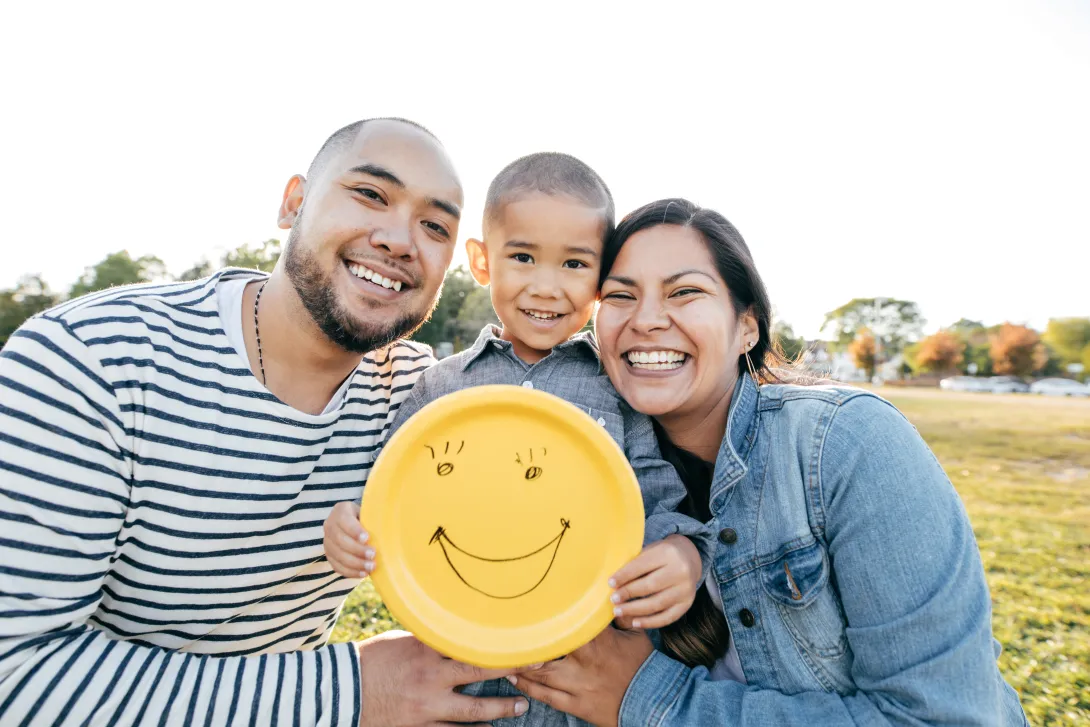July 18, 2018

It is important for everyone to take care of their mental health, but for diverse communities, there is a harsher reality when it comes to seeking treatment. Denver Health is working to change that by providing easier access and an inviting place to access behavioral health care.
In 2008, the U.S. House of Representatives designated July as National Minority Mental Health Awareness Month to improve access to mental health services available and enhance public awareness of mental illness among minority groups.
According to the National Alliance on Mental Illness, LGBT individuals are almost three times more likely than others to experience a mental health condition such as major depression or generalized anxiety disorder. The LGBT community is also at a higher risk for suicide because they lack peer support and face harassment.
The Health and Human Services Office of Minority Health reports that blacks are 10 percent more likely to experience serious mental health problems than the general population. Only nine percent seek mental health care, compared to 18 percent of whites. Lack of information, distrust of the health care system and socio-economic factors all play a factor in the disparity in seeking care.
Latinos experience that same disparity in access to treatment. A 2001 Surgeon General's report found that only 10 percent of Latinos with symptoms of a psychological disorder contact a mental health specialist. The reason is often one of pride and not wanting to air one's "dirty laundry" in public.
Denver Health has an integrated behavioral health team, that works closely with primary care physicians at our nine Family Health Centers and 17 School-Based Health Centers to provide behavioral health care within the doctors office and during a doctor's visit. We treat the brain the same as any other body part and mental health as any other physical ailment. For Denver Public Schools students, they can speak with a counselor confidentially and at no cost to them or their families at one of our School-Based Health Centers. These are all key factors in decreasing the stigma surrounding seeking care.
There is no shame in asking for help. To begin, call our appointment line at 303-436-4949 and talk with your primary care physician. Another great resource is Colorado Crisis Services, where you can talk to someone confidentially 24 hours a day, seven days a week, at 1-844-493-8255.
Watch this honest conversation about minorities and mental health with Denver Health licensed social workers Tyrone Braxton and Kim Mahon.

